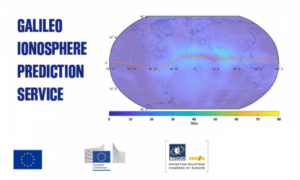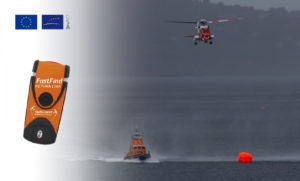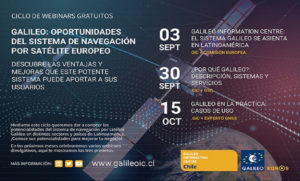Precise Point Positioning is becoming an attractive alternative technique to RTK, removing GNSS system errors to provide global high accuracy positioning, HERE has recently introduced the service HERE HD GNSS Positioning, a cloud-based service that provides sub-meter positioning for devices equipped with GNSS receivers.
Precise Point Positioning (PPP) correction services have been in the market for a long time to either assist vessels maneuver at ports or for measuring instruments for construction and geodesy. Today, highly precise positioning goes beyond industrial use cases and is available to mass market applications and devices. Read more…







